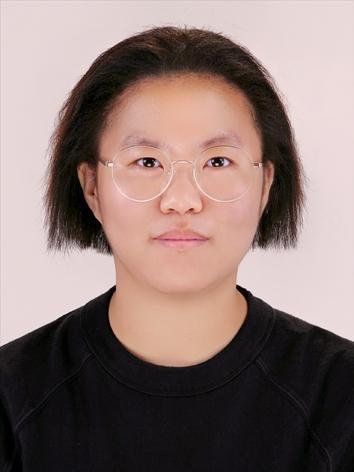How to use digital advisers to improve academic writing
International students might feel anxious and nervous about academic writing, particularly if they don’t feel confident with their written English. Digital advisers are resources that students can turn to, to boost their confidence with academic writing
Share
International students might not have received much teaching in English before coming to university, leaving them less confident in their academic writing ability. Even if their writing is skilled, the common misconception that native English language users are more proficient than foreign language users can easily exacerbate self-doubt.
This piece introduces digital advisers, who can be a source of support for international students who don’t feel confident with academic writing. It explains who they are and how they can support students who are less confident in writing in English.
Digital advisers create online resources and discussions on academic writing, PhDs and academia more generally. Digital advisers include, but are not limited to, professors, librarians, admission directors, deans of graduate schools and PhD candidates.
A student can access content on their commute, while eating, on a walk, while exercising, or even when doing the dishes, letting the advice seep into their daily life.
Daily engagement with digital advisers allows students to naturally absorb academic vocabulary, syntax and “actions” in academic writing (for example, summarising or critiquing).
Five ways to master British slang as an international student
Six tips for learning English online
Their creations span videos, blog posts, podcasts, audiobooks, social media pages and much more. One example is the YouTube channel created by Professor Tara Brabazon, the dean of graduate research at Charles Darwin University, where she has uploaded 350 videos on almost every aspect of graduate school.
Other topics, such as the Graduate Record Examination (GRE) and poster presentations, are discussed in the podcast Hello PhD by Joshua Hall and Daniel Arneman, who met while studying at graduate school. Strictly speaking, these digital creators are not official advisers for their audience. Nevertheless, they are advisers because their experience and advice in academia can be related to many other students in the same position.
This additional learning contrasts with learning English in a classroom, which is more formal and takes place over a fixed time period. While this type of learning is valuable, it is simply not enough for writing because there are too many rules and phrases to be taught in a short amount of time.
International graduate students might feel inadequate compared with other PhD candidates, but the truth is that academic writing is brutal for everybody – even the most esteemed professors. It is just that openly discussing this truth offline is difficult because people must openly admit problems in their careers.
Online, however, communities of academics can more freely share, vent and discuss issues while remaining anonymous. For example, the r/Professors community on Reddit of 126,000 professors from all over the world has 12,200 posts on subjects ranging from how they hate proposals to the most brutal reviews they’ve received.
International students reading these posts might feel comforted to know that they are not the only ones struggling to put pen to paper.
Once students accept that writing is tough, it becomes a journey to be developed one piece at a time. The most inspirational advice I received came from Professor Brabazon, who advised writing 250 words as soon as I woke up. In my sleepiness, I could pump out 250 words before I could become self-conscious.
However, some advice does not work simply because writing is different for everybody. If anxiety levels are high, some writing advice might seem like yet another reminder of your inadequate writing skills, reminding you just how far away the task – “become good at English writing” – is from completion.
If students can find common ground with others and techniques that work for them, they will have the emotional breathing room to understand that failure is natural. International students can become slightly more comfortable with failure, treating it as a learning experience.
Digital advisers are not the one-stop solution for all academic writing problems. Despite the wonderful ways that digital advisers support foreign-language academic writing, there is no doubt that international doctoral students will always have anxieties on this issue.
Yet, writing can only be improved through practice. Digital advisers create emotionally safe spaces for such practice. In such spaces candidates can fail repeatedly, each time becoming more comfortable with academic English.
